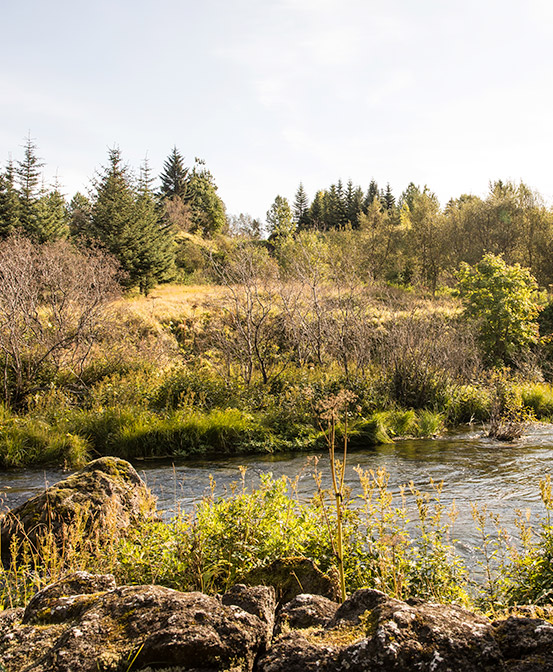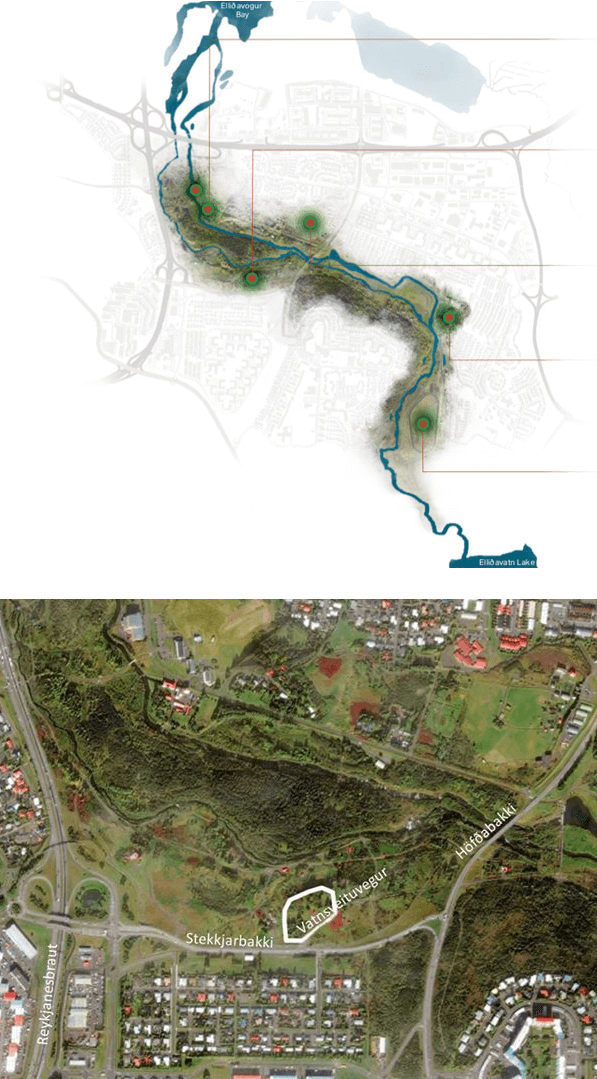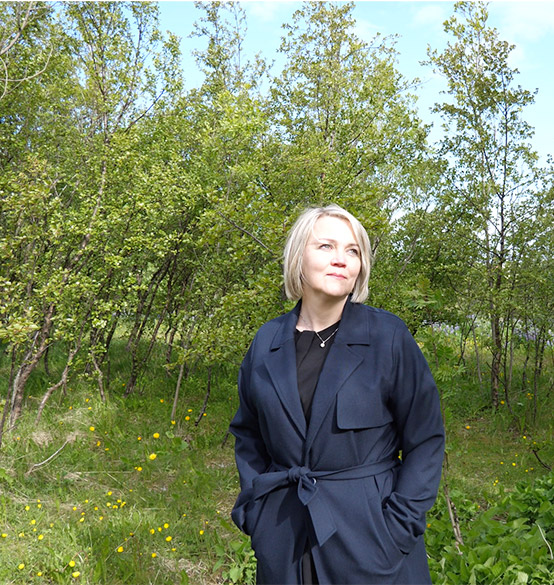You can in many ways describe humanity today as if there has been a disconnection between man and nature. This is especially true in urban environments where man stands alone and far away from nature. This disconnection has brewed climate change, unhealthy eating habits and lifestyle diseases.
Change in weather and climate have a negative effect on ecosystems and therefore people’s quality of life. The environmental and lifestyle problem is sprung from the same roots. Obesity and mental illnesses such as stress and depression are a common problem in western civilisations. The modern person attends to many tasks and every day they struggle to harmonise their lives. It can be difficult and, in a way, overwhelming to get everything done while at the same time enjoying what life has to offer.
Despite priceless natural resources in the form of clean energy, Icelanders as a nation are, compared to other nations, energy heavy with one of the largest carbon footprints of all nations according to the “Global footprint network” methodology. On average, the footprint of an Icelandic person is double that of other Europeans. Careless extravagance is considered to be one of the main factors (according to Sigurður E. Jóhannesson, expert in environmental studies, 2017)
The most common cause of death for Icelanders are chronic diseases that could be prevented by a change in lifestyle such as diet and exercise. The sad fact has arisen that 27% of the population are overweight according to an article in Iceland’s Medical Journal (June 2019). According to the Directorate of Health, stress and depression are common with children and teenagers, and a quarter of young people experience anxiety and 6% of them have serious symptoms. Loneliness is also a common problem, particularly amongst senior citizens.




